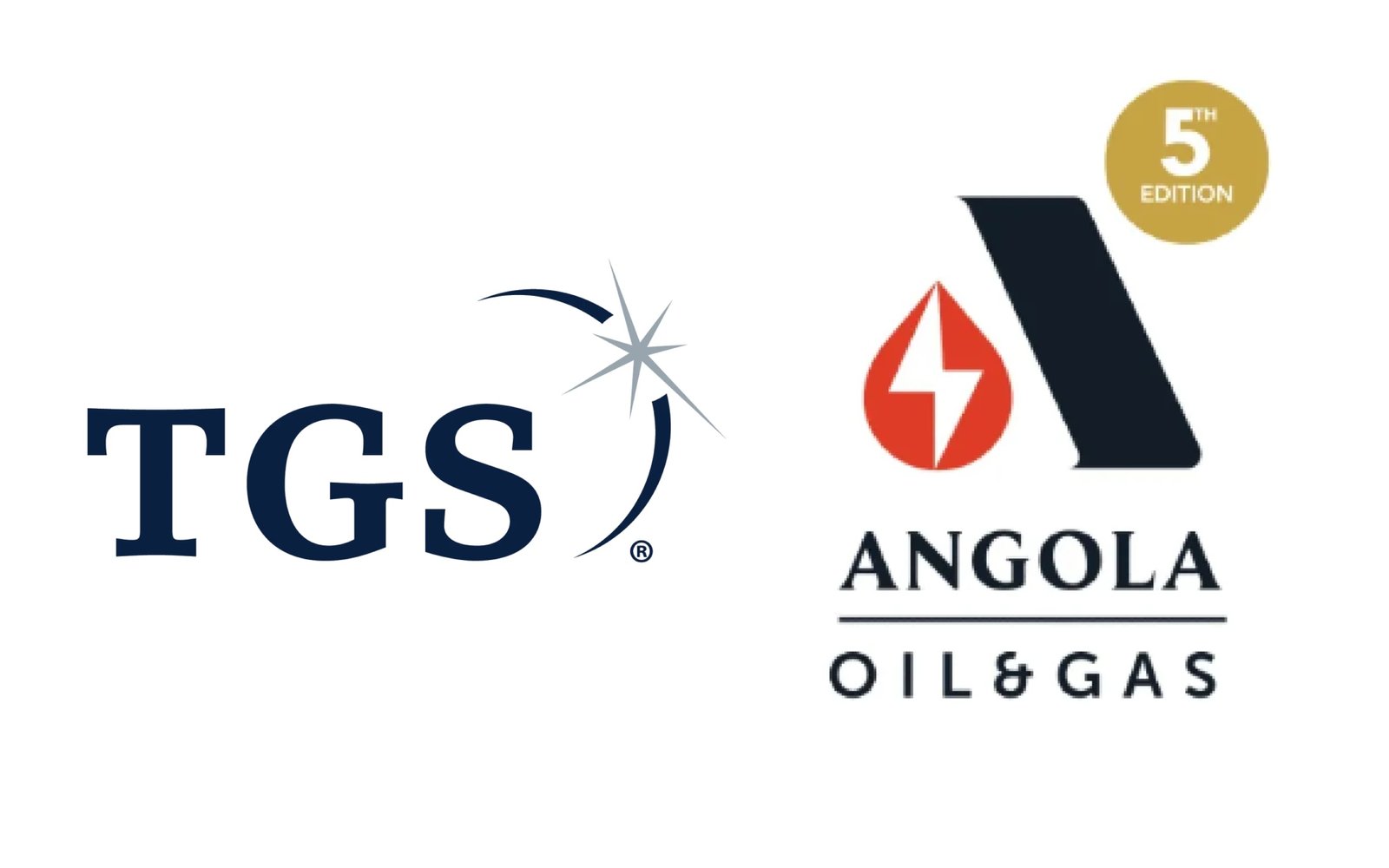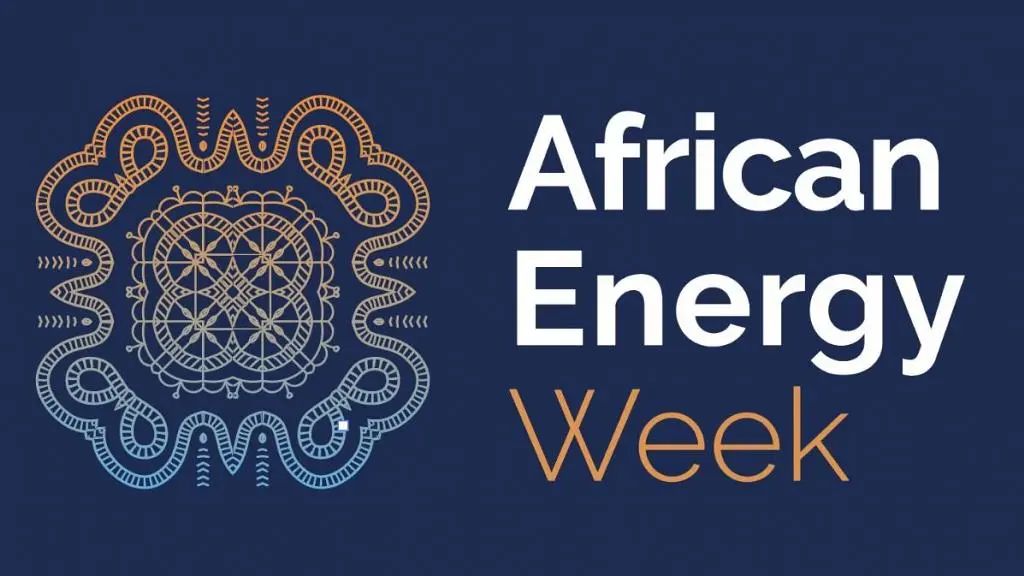While developed nations are calling for an immediate transition to clean energy sources in the name of climate change, Africa continues to make a strong case for the role oil and gas plays in the continent’s future. Over 600 million people are without access to electricity in Africa while over 900 million lack access to clean cooking solutions, with unreliable energy leading to a number of health, food security and development risks. At the same time, the continent holds over 125 billion barrels of proven oil reserves and 620 trillion cubic feet of natural gas. As such, fossil fuel advocates such as Alex Epstein – best-selling author and Founder/President of the Center for Industrial Progress – are making a strong case for these resources, citing oil, gas and coal to be the drivers of electrification, industrialization and sustainable economic development.
During this year’s edition of African Energy Week (AEW) – scheduled to take place from October 16-20 in Cape Town – Epstein will deliver a keynote address on the vital role of fossil fuels. Epstein joins a strong lineup of African energy and petroleum ministers; governments and policymakers; global investors and technology providers; as well as energy and service companies in Cape Town, all of whom will convene under a mandate of making energy poverty history by 2030. During the event, Epstein’s participation in panel discussions and hydrocarbon forums will expand the discussion around Africa’s future energy mix, and how the continent can spearhead development on the back of oil and gas extraction.
As the Founder and President of the Center for Industrial Progress – a for-profit think-tank that aims to bring about a new industrial revolution – Epstein plays an instrumental role in driving investment and development across a variety of critical industries. The Center for Industrial Progress was founded under the belief that by using technology to expand and strengthen industries such as mining, manufacturing, agriculture, chemistry and energy, nations can significantly improve the lives of many. As such, the organization works closely with various stakeholders including government, investors, technology providers and policymakers to advance productivity in these industries.
In addition to spearheading the Center for Industrial Progress, Epstein is a New York Times bestselling author, having published three publications: Fossil Fuels Improve the Planet (2013); The Moral Case for Fossil Fuels (2014); and Fossil Future: Why Global Human Flourishing Requires More Oil, Coal and Natural Gas – Not Less (2022). In these publications, Epstein advocates for a fossil fuel-based global future, and calls for an end to pro-environmentalist policy. Through these publications and the Center for Industrial Progress, Epstein makes a moral case for fossil fuels, citing energy security and economic progress as primary aims.
Epstein does not deny climate change: however, he rejects the notion that climate change is fossil fuel- and human-caused. Many of Epstein’s arguments and policy debates are based on the belief that resources such as coal, oil and gas are not responsible for negatively impacting human life, but rather, fossil fuels actually make life better for the global population. Epstein states that fossil fuels, due to their natural density and economic efficiency, will protect the global population from climate disasters. As such, a transition away from fossil fuels, Epstein argues, will essentially lead to an economic fallout while leaving at-risk nations, such as those in Africa, unprotected from climate impacts.
“Alex Epstein’s beliefs align closely with those of many African countries. He does not only make a case that fossil fuels are not the cause of climate change but stand to actually make the world a far better place, equipping countries to deal with climate disasters, driving long-term, sustainable and inclusive economic growth while giving people the chance to flourish. His optimism and fierce advocacy for coal, oil and gas is what makes him so popular in Africa. Many people across the continent believe in the same sentiments that Epstein is driving: that fossil fuels are the future,” states NJ Ayuk, Executive Chairman of the African Energy Chamber (AEC).
AEW 2023 takes place under the theme, ‘The African Energy Renaissance: Prioritizing Energy Poverty, People, the Planet, Industrialization and Free Markets,’ and Epstein is expected to drive discussions around these very topics. His pro-fossil fuel approach will not only diversify conversations but lead to more critical, open-minded and inclusive debates.








